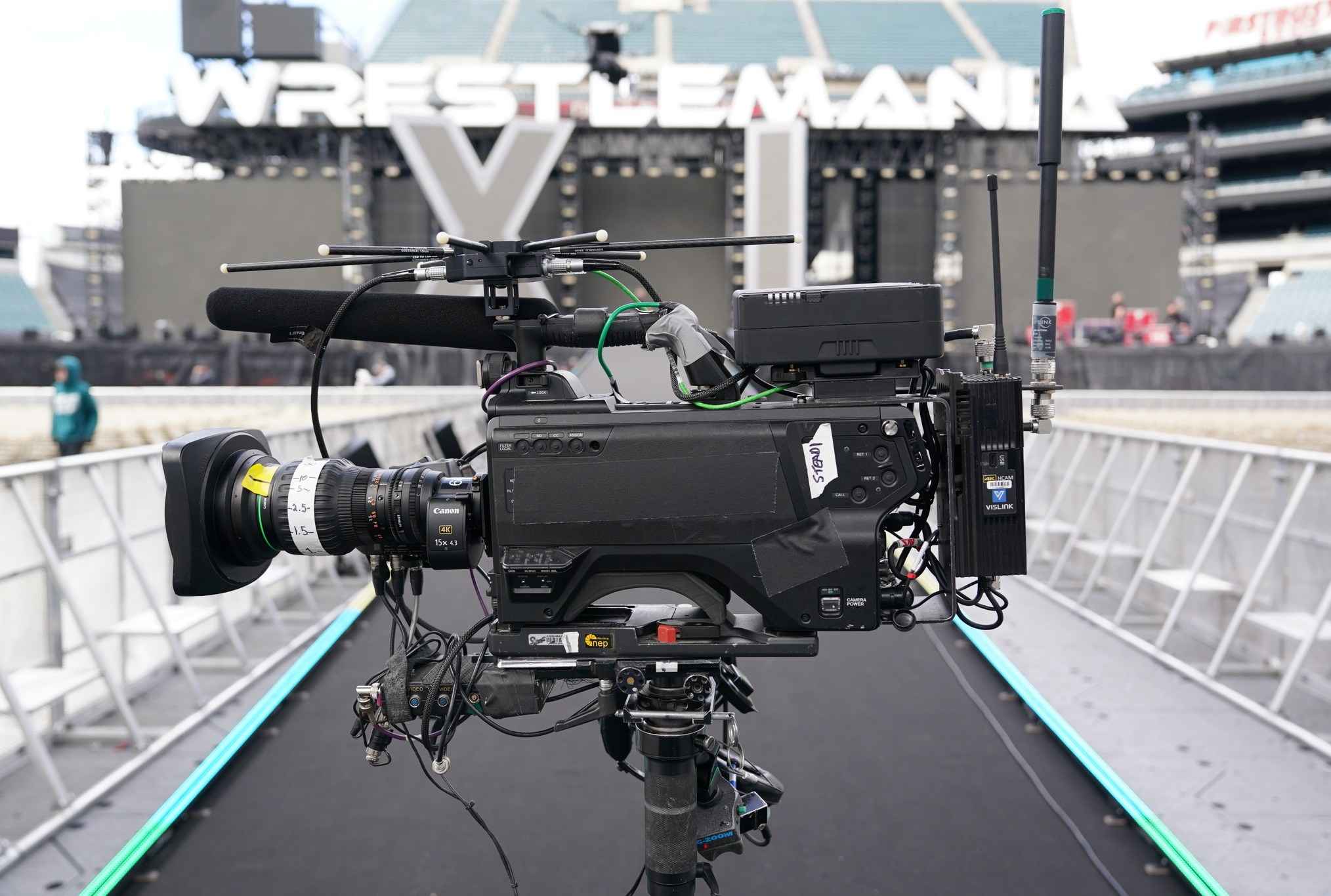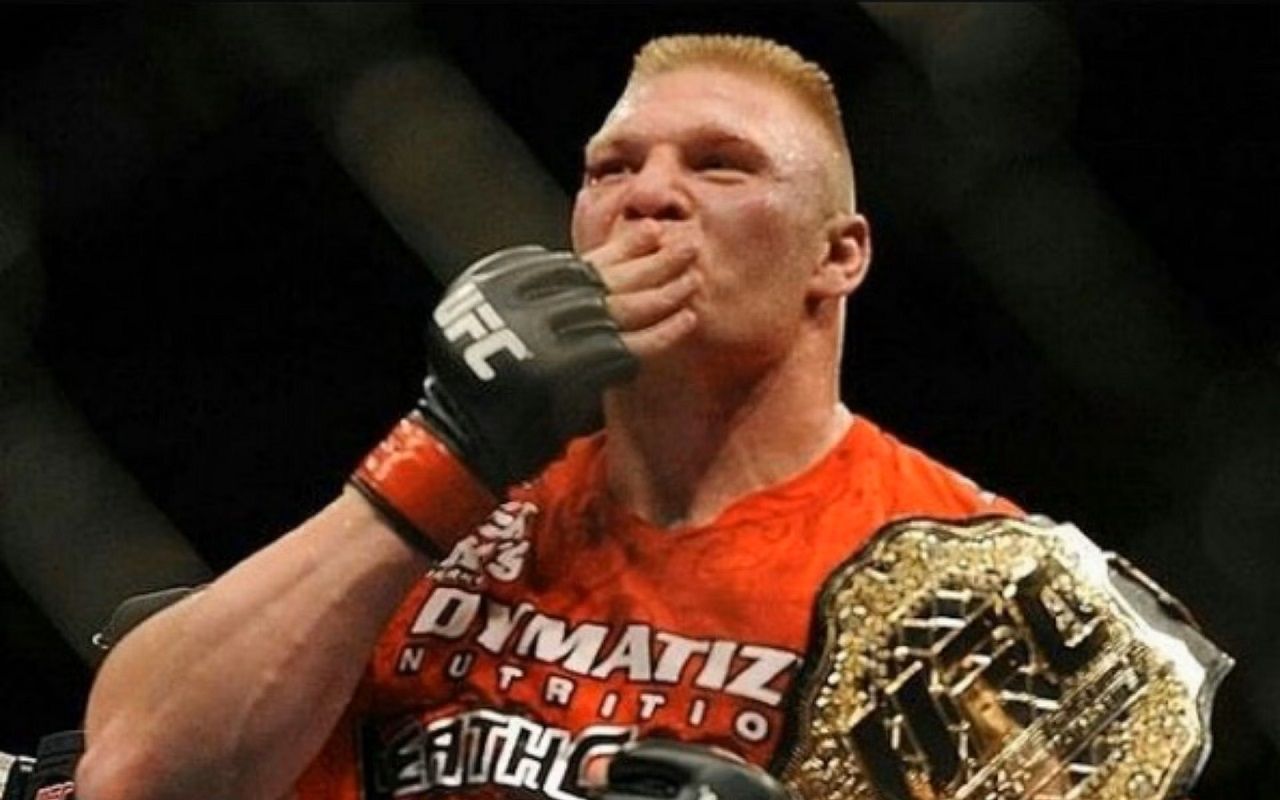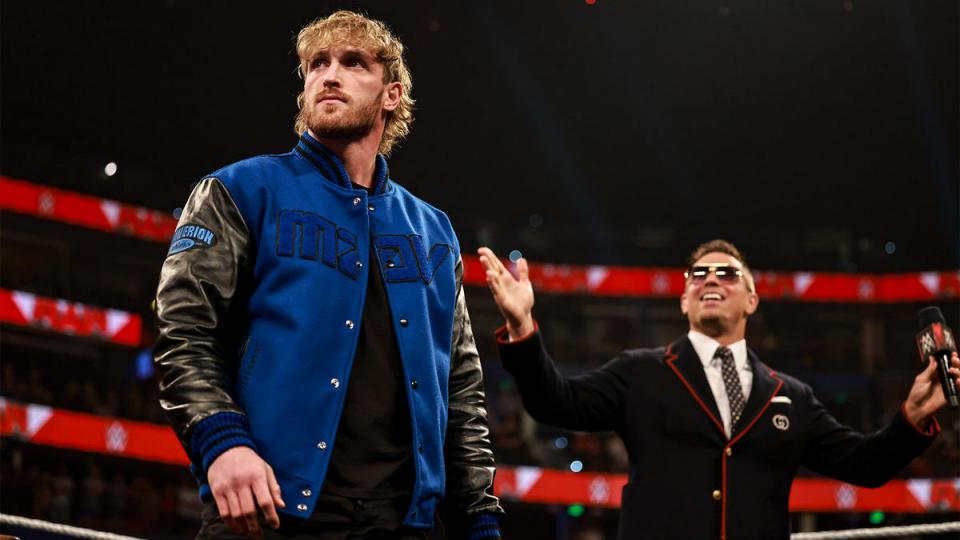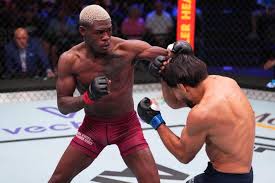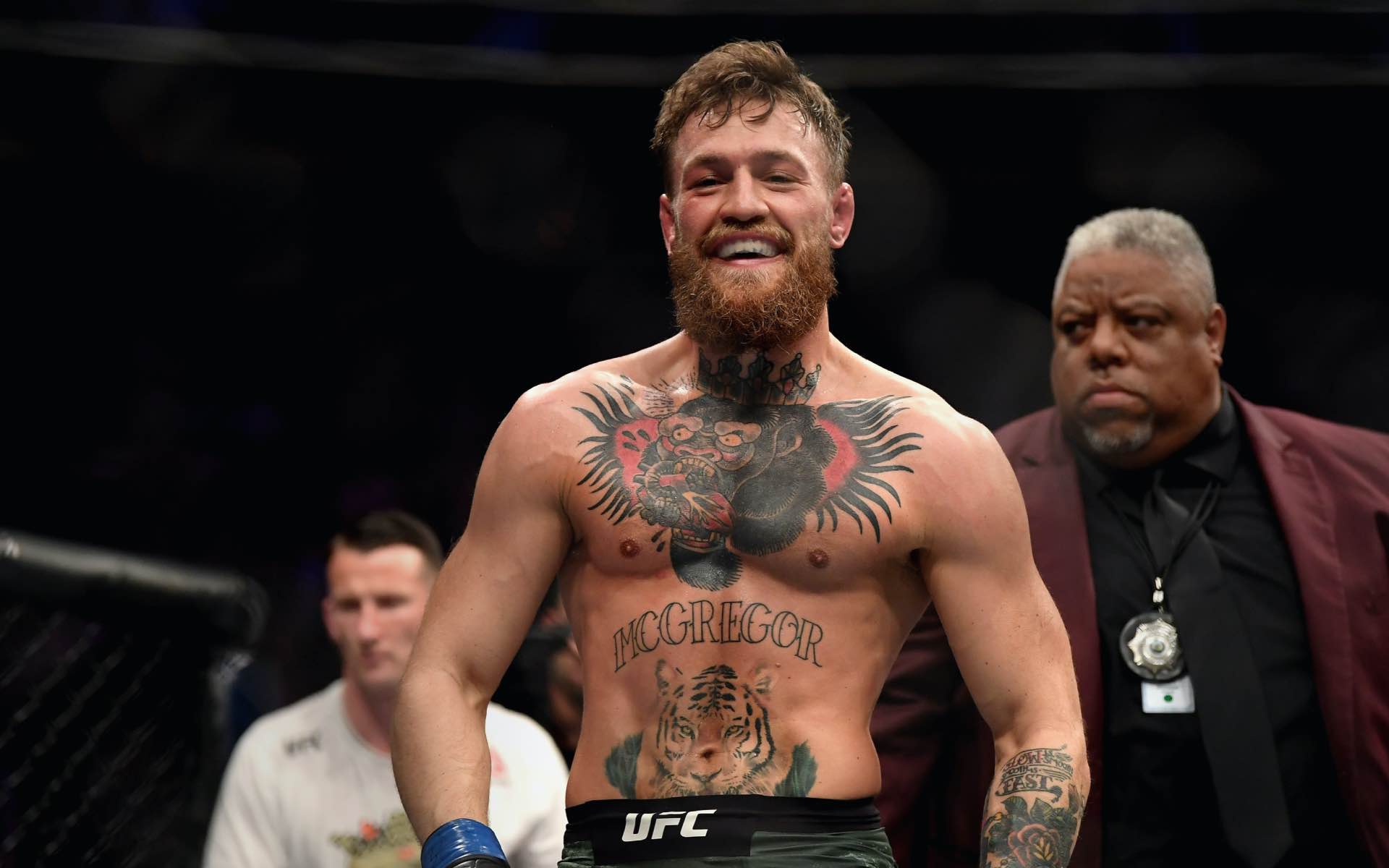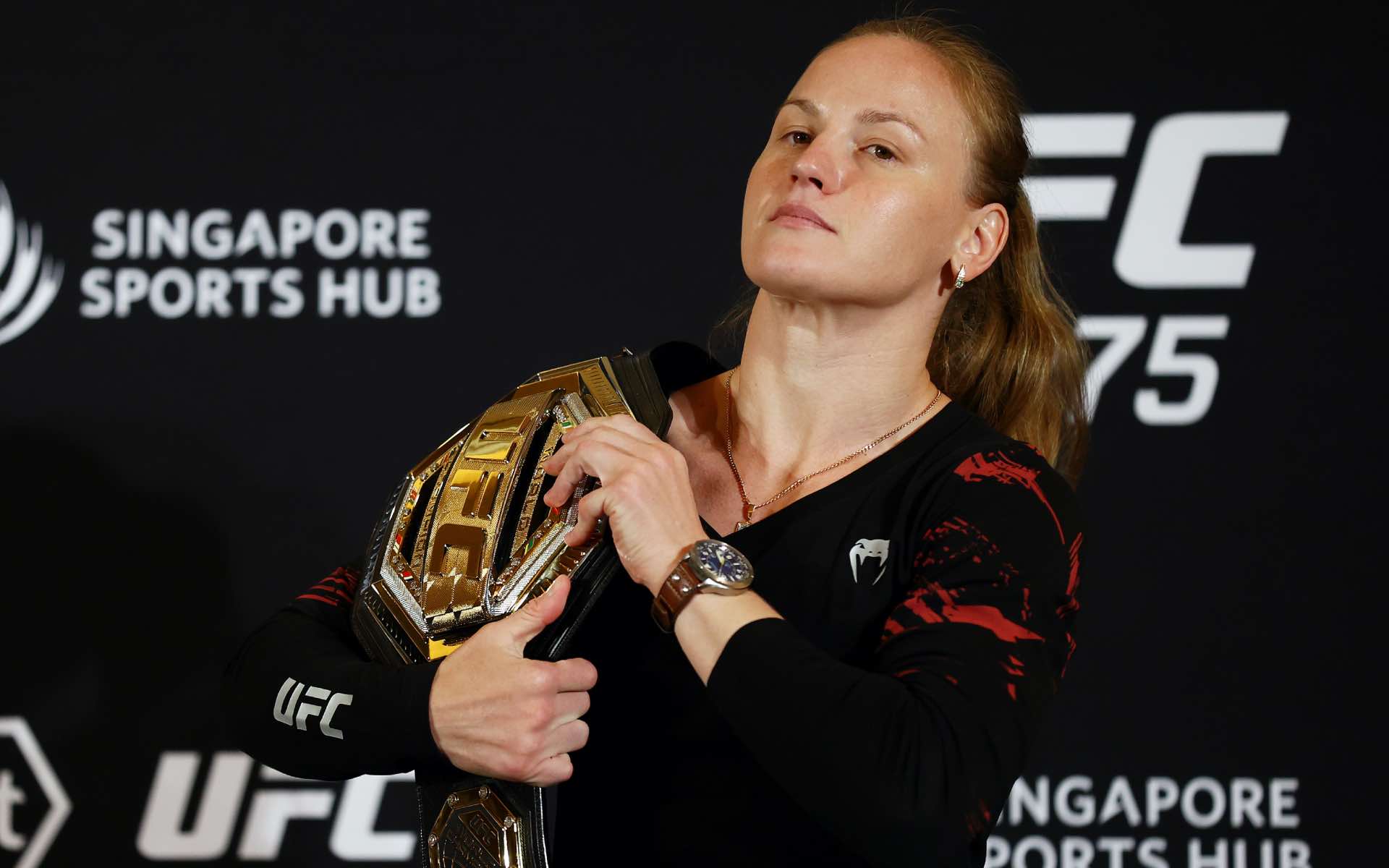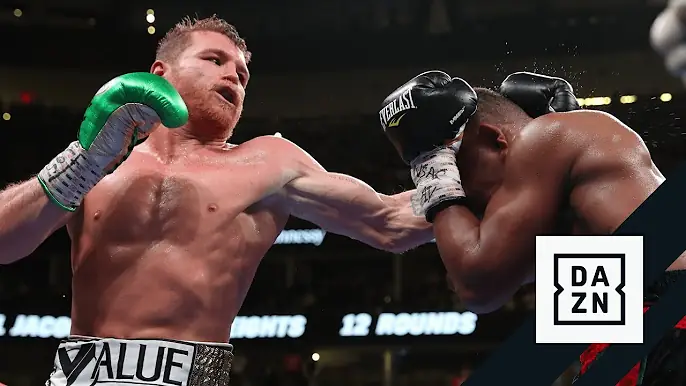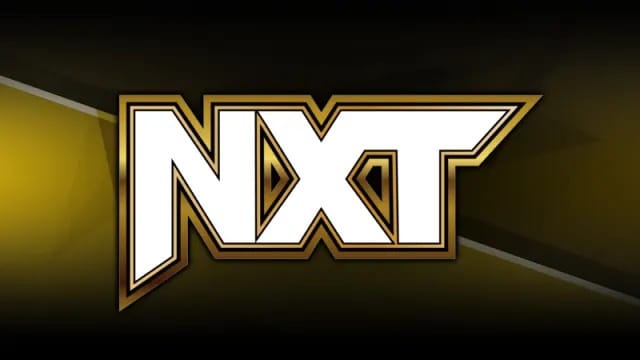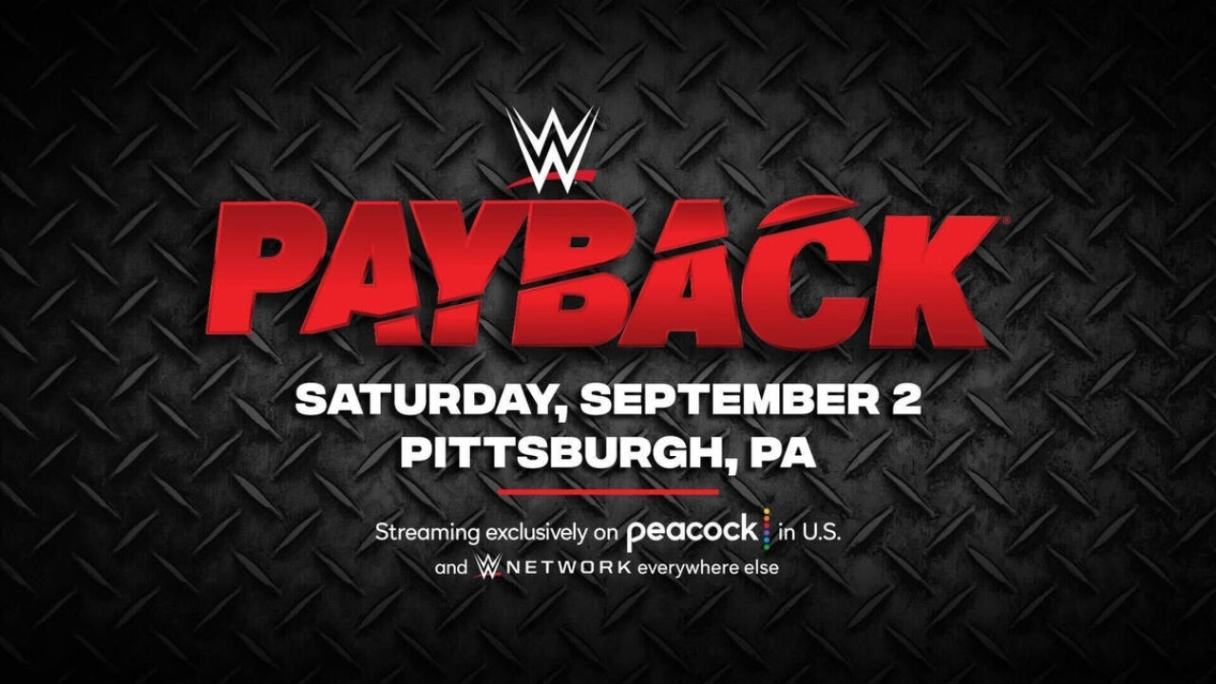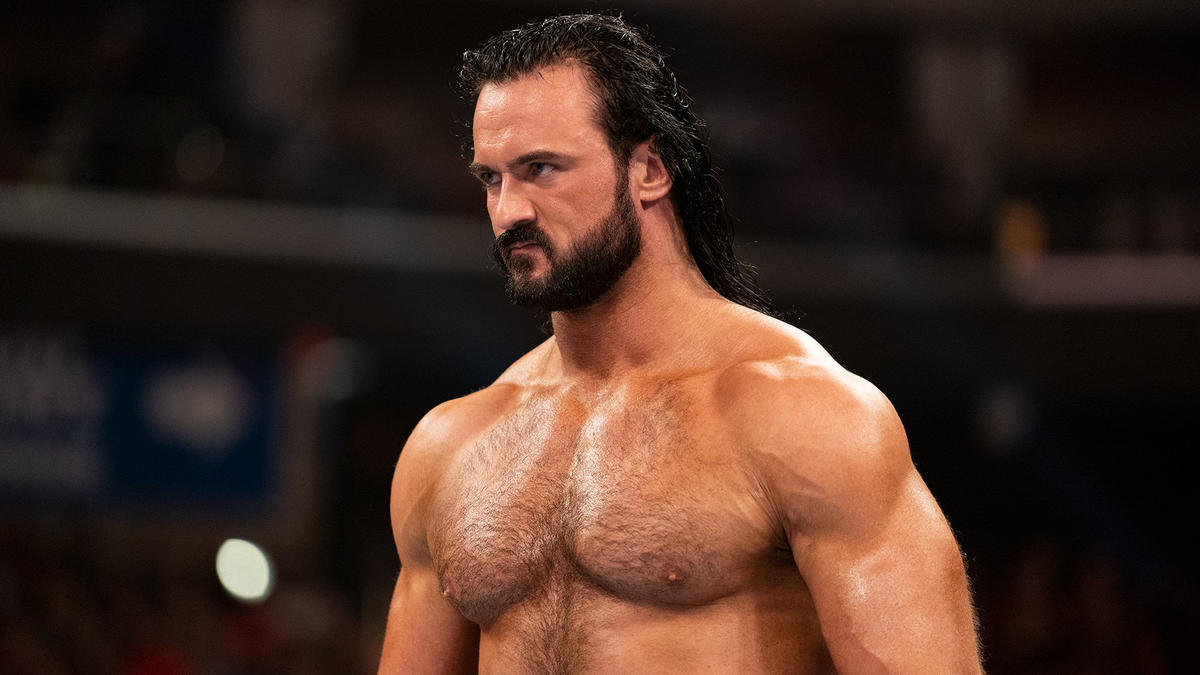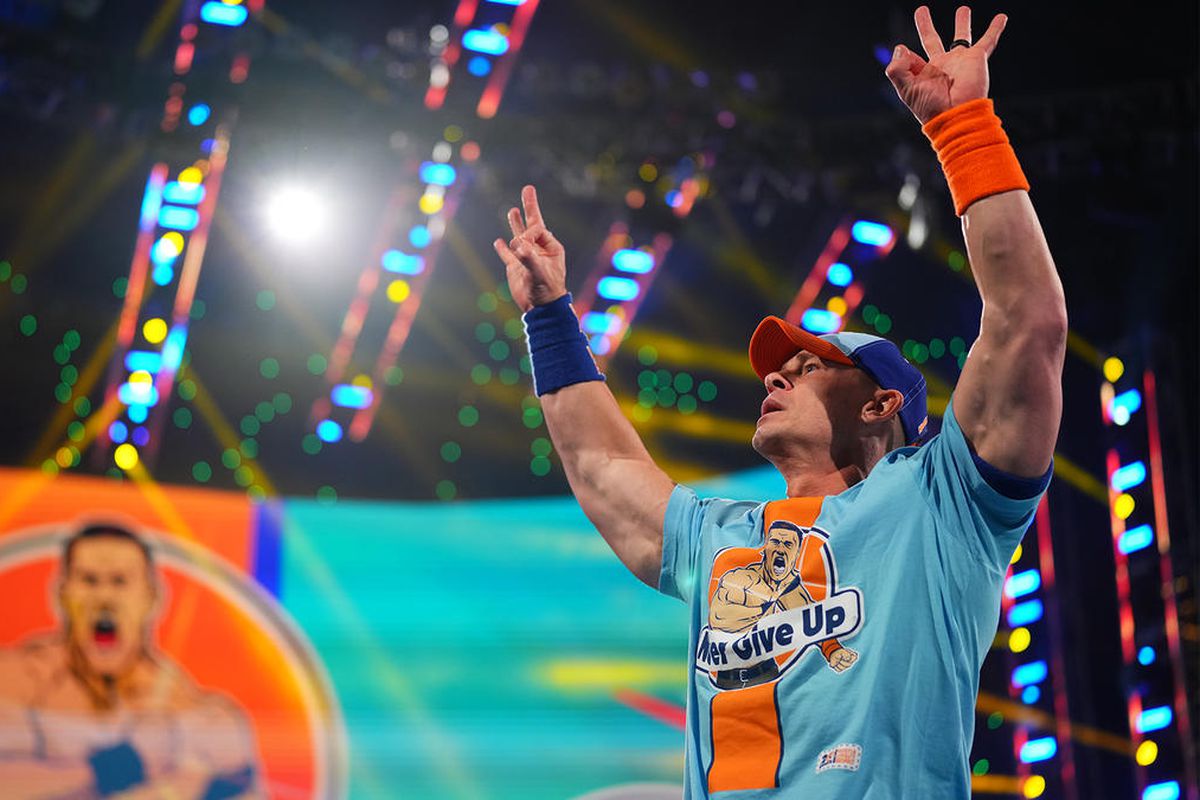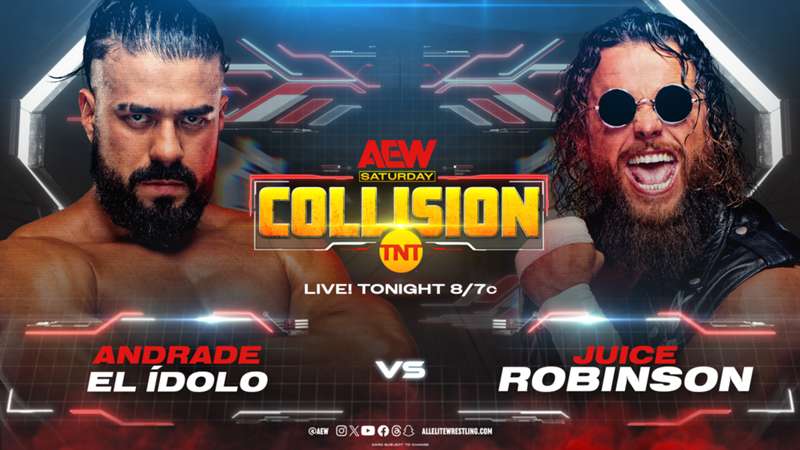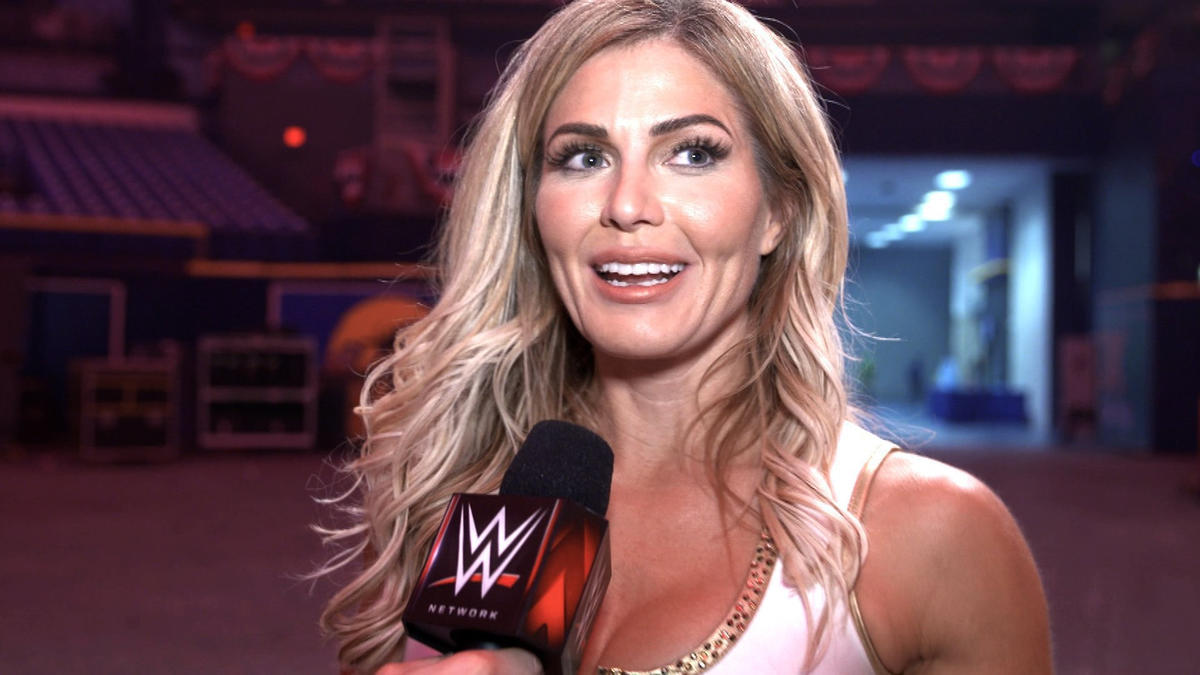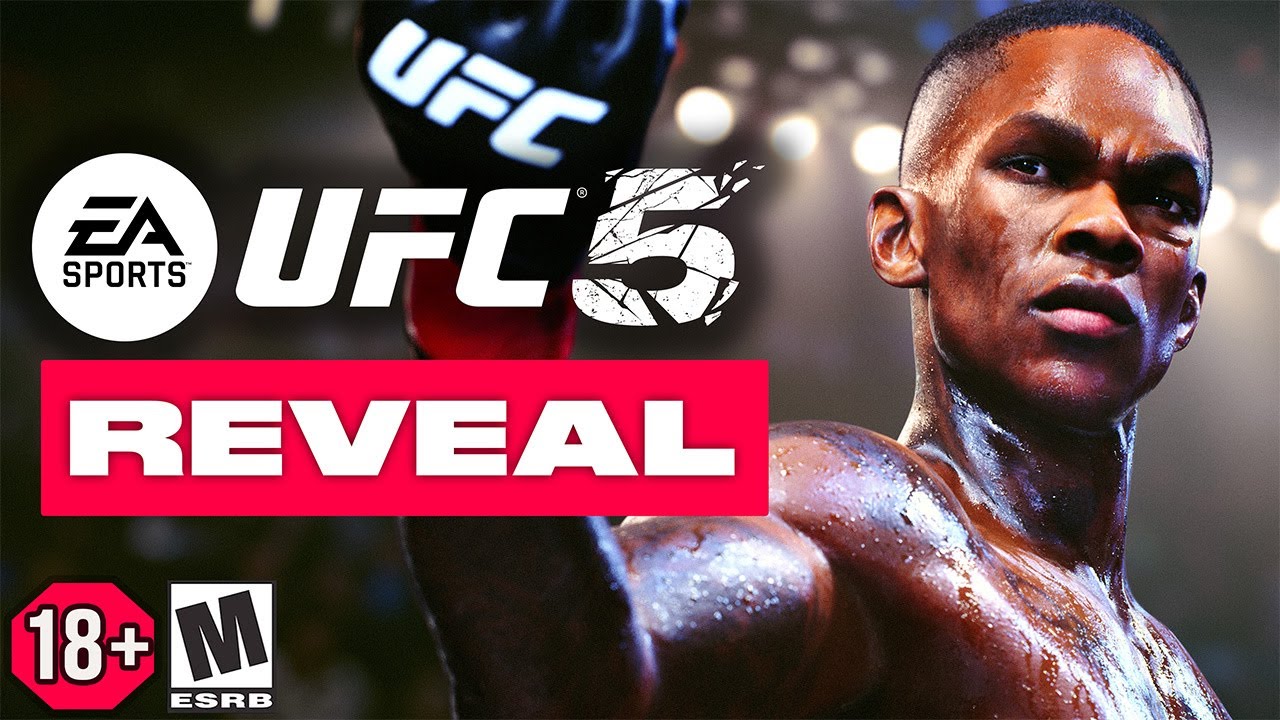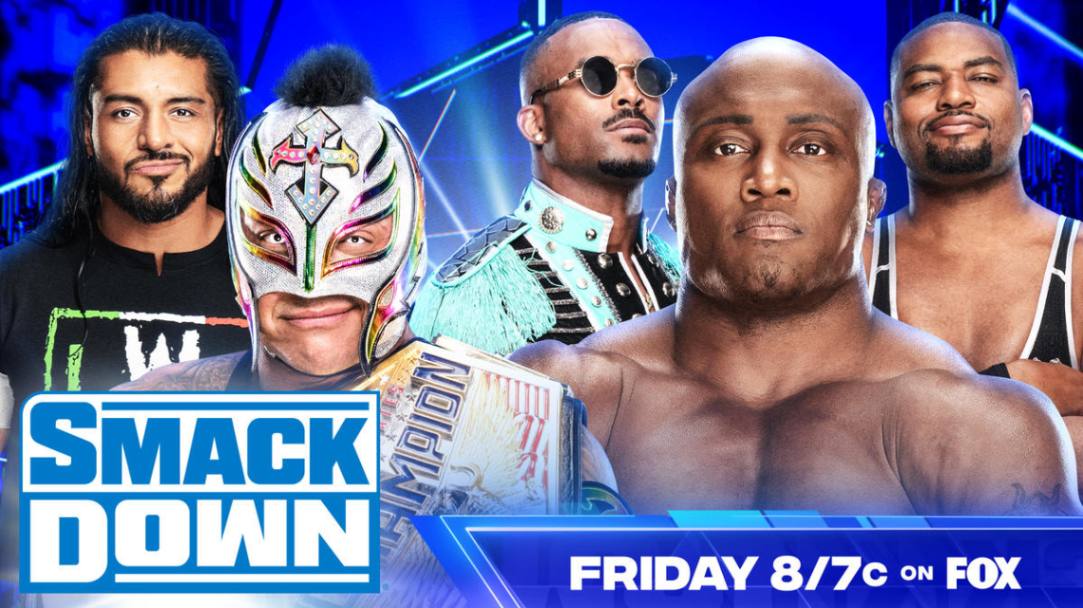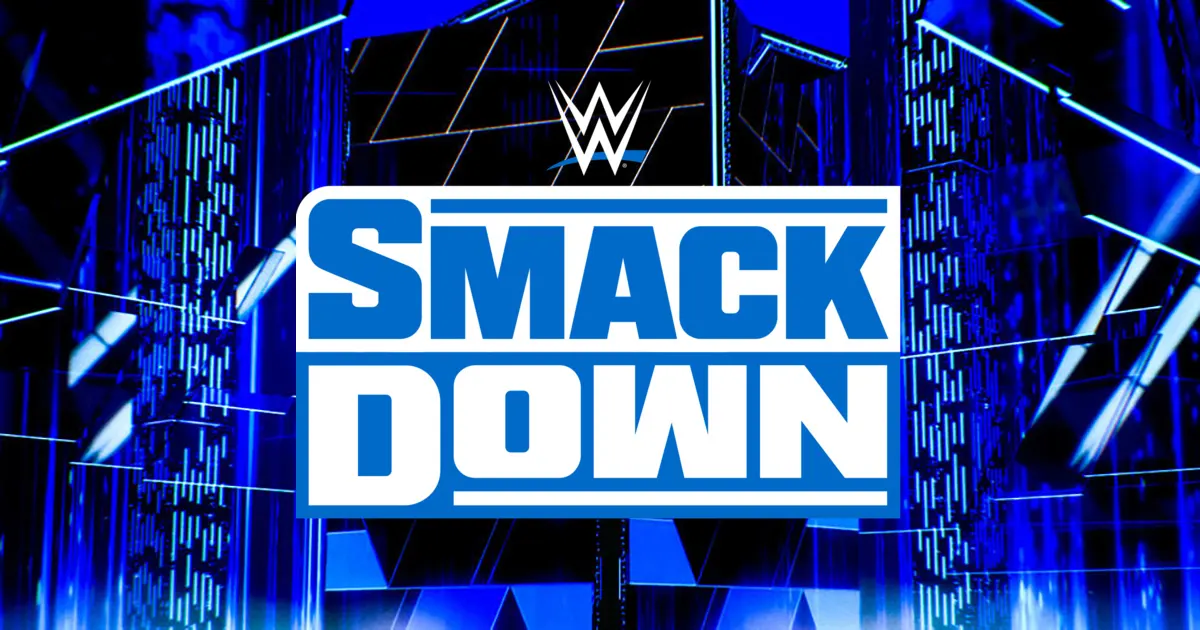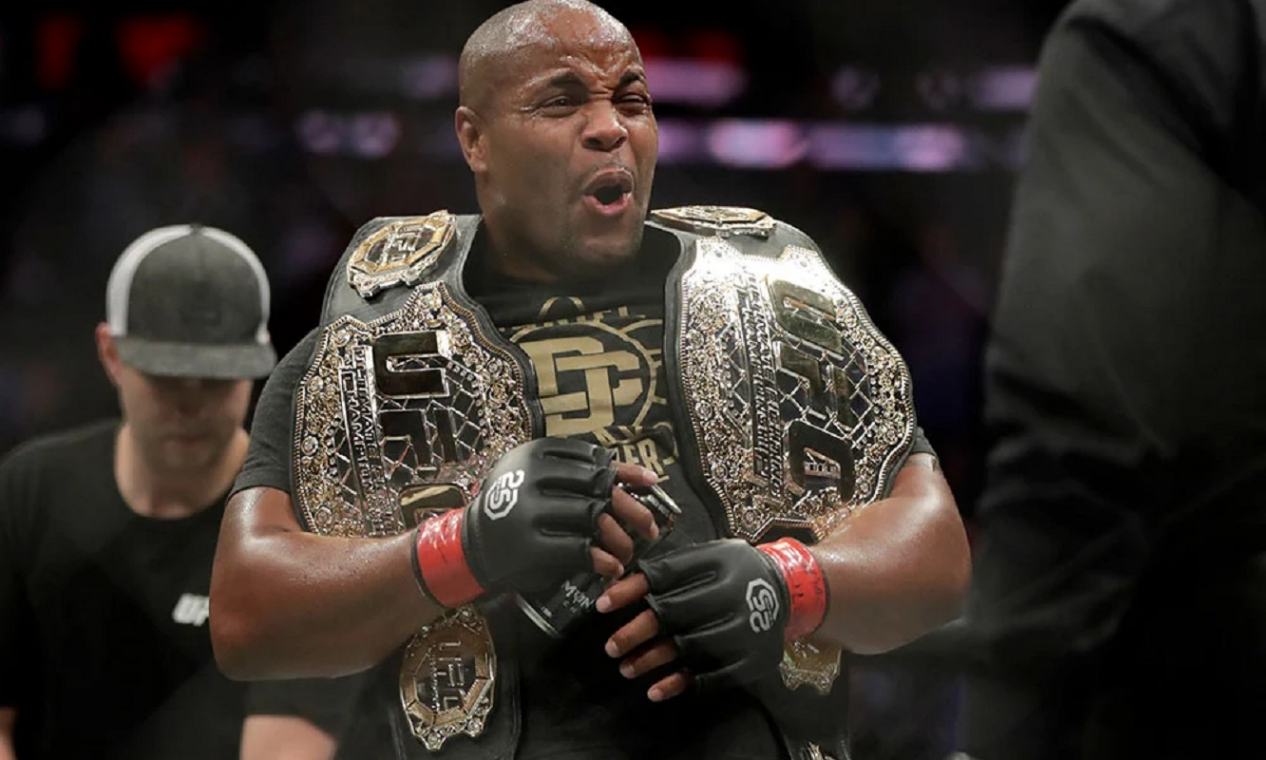Understanding Fighter Contracts and Negotiations
UFC is the best MMA promotion company in the world, where the best fighters are and where the highest level of combat sports entertainment is provided. Fundamental to the UFC are the contracts that fighters are under with the organization. They outline the conditions of work and pay, fight commitment, and other privileges and responsibilities. The contracts of fighters and the process of negotiating them are very vital in order to comprehend the commercial aspect of the sport. This article focuses on aspects of UFC fighter contracts, negotiation, and the factors that define such contracts.
The Contracts That UFC Fighters Have
Contract Structure
The promotional contracts of fighters are usually for multiple fights and are usually valid for a certain number of fights or for a certain amount of time. Key elements of these contracts include:
Duration and Number of Fights: There are also terms concerning the number of bouts a fighter has to fight within a period and the number of bouts that have to be fought for the UFC.
Compensation: These are base salary, which is the’show money’, win bonuses, performance bonuses such as Fight of the Night, Performance of the Night bonuses, and PPV percentage for high-ranking fighters.
Exclusivity: In general, fighters are not allowed to fight in other promotions while they have a contract with the UFC.
Promotional Obligations: A fighter has to engage in promotions such as press conferences, media engagements, and fan meetings, among others.
Sponsorship and Endorsements: The rights pertaining to the sponsorship and endorsement of fighters are detailed in the contract and can be limited due to the UFC’s sponsorship agreements.
Injury and Medical Clauses: Injury-related withdrawal and medical treatment responsibilities are provided for.
Code of Conduct: Regulations in terms of the fighters’ conduct, both in the cage as well as in their day-to-day lives.
Types of contracts
Entry-Level Contracts: Normally given to a newcomer in the UFC or a fighter coming from a show like Dana White’s contender series. Such contracts usually come with a lower base salary and fewer bouts.
Standard Contracts: Only for fighters who are already in the UFC and who have had good records in their previous bouts. These provide better wages and, at times, come with PPV points for the headliners.
Championship Contracts: For the title holders and the other contenders of the highest rank only. Such contracts are normally characterized by such factors as high payoffs, especially the PPV revenue share and bonuses.
The negotiation process
Pre-Negotiation Phase
At this stage, fighters and their management teams evaluate their worth in the market. This involves considering factors such as:
Fight Record: Also known as win-loss record, the quality of the opponents and other performance indicators.
Marketability: popularity, social media, and the capacity the event holds to attract viewers.
Previous Compensation: What you have earned in the past within the UFC and other related organizations.
Comparative Analysis: Comparing the fight earnings of similar fighters in the UFC.
Key Negotiation Elements
Base Pay and Bonuses: The next aspect that needs to be negotiated is the base pay and performance bonuses. Boxers strive to earn the base salary for a fight while trying to earn more through bonuses such as those given to winners and performers.
Pay-Per-View Points: For the superstars, there’s one thing that has to be negotiated: the percentage of PPV income. It can increase revenues tremendously, especially for the fighters who are billed for the main event on a particular evening.
Fight Frequency: deciding the frequency of the fights in a year and making a proper schedule that is fit for the fighter and his future plans and health.
Contract Length: Meeting the demand for more guaranteed, long-term contract income while also incorporating the ability to renegotiate the terms as the fighter grows in value.
Sponsorship Rights: Bargaining over the right to obtain personal sponsors, especially in view of UFC’s exclusive sponsorship contracts (for instance, a contract with Reebok and later Venum).
Negotiation Strategies
Leverage Success: This means that fighters who have just triumphed in their previous bouts or those who are champions will be in a better position to negotiate for themselves.
Market Demand: This might be useful for fighters who attract a large audience or have a loyal fan base to demand better deals.
Management and Representation: The managers and agents with experience in the industry are responsible for signing good contracts that are beneficial to the artists.
Media and Public Pressure: Public opinion and media attention can also play a part in the negotiations when a fighter feels that he is underpaid and/or treated unfairly.
The Role of the UFC
Promotion’s Perspective
The UFC tries to keep a large pool of fighters on the roster while at the same time trying to control its operational expenses and turn a profit. Key considerations include:
Talent Development: signing new talents while at the same time keeping the top talent on the roster.
Event Scheduling: It means to guarantee the constant availability of events with attractive paired teams.
Financial Health: Controlling the cost of salaries and getting the highest returns from events, PPVs, and sponsorships.
Contract Enforcement
The UFC enforces contract terms strictly, with potential consequences for fighters who breach agreements, such as:
Legal Action: The UFC can and has attempted to sue fighters who compete outside of their contractual obligations or who do not promote the organization and its brand.
Release Clauses: The UFC can also grant a fighter’s request to be released from their contract based on performance or disciplinary reasons; however, it is often up to the UFC.
Case Studies: Some of the notable contract negotiations are:
Conor McGregor
The situation with Conor McGregor’s contract negotiations raised the bar even higher in the UFC. As a result of its marketability and ability to attract fans, McGregor managed to get large shares of PPV revenues and record-high fight purses. That is why the actions of a star fighter show how top fighters can demand better wages.
Jon Jones
The negotiations with Jon Jones are usually tense, which is quite expected when dealing with a fighter of such high status and the UFC’s ambivalent position towards him. Jones over the years has disclosed issues to do with contracts, often touching on remuneration for fights and his desire to be given more PPV points. His negotiations portray the existing conflict of interest between the company’s top fighters demanding a reasonable wage and the promotion’s revenue.
Nate Diaz
Nate Diaz’s negotiations, especially the McGregor KOs, illustrate how big fights can be used in contract talks. Diaz was able to negotiate higher wages and PPV points because he was more valuable to the company after defeating McGregor. His negotiations highlight the possibilities for the fighters to negotiate for better contract conditions once they achieve big victories.
The future of fighter contracts and negotiation
Increasing Fighter Leverage
The fact that the sport is gradually developing and the fighters realize their worth in the market makes it quite clear that they will push for more bargaining power. Factors contributing to this include:
Social Media Influence: Those with a large fan base hence enjoy the backing of a large number of people, thus making them a force to reckon with at the negotiation table.
Alternative Promotions: The emergence of other MMA promotions like Bellator and ONE Championship means that fighters have other platforms to negotiate for and could thus exert pressure on the UFC.
Unionization Efforts: Some of the fighters have been in talks to form a union that will enable them to negotiate for better contracts, but this has not been realized.
Evolving contract structures
The current structure of fighter contracts may still change in the future to fit other trends in combat sports. Potential developments include:
Flexible Compensation Models: Compensational structures that are more specific and adjusted to the specific fighter’s ability to attract fans and customers.
Enhanced Health Provisions: Welfare benefits, focusing on new health care plans and medical insurance, as well as improved retirement benefits for long-term health issues.
Increased Transparency: increased transparency in contracts and fighter remunerations would lead to better fairness in the business.
Legal and regulatory changes
This might also affect fighter contracts and negotiations, as well as changes in the laws and regulations. Potential areas of change include:Potential areas of change include:
Labor Laws: New legislation or a shift in the classification of fighters (for example, as employees or independent contractors) may shift the bargaining power.
Antitrust Actions: If the UFC faces legal adversity in terms of its monopoly, then it is likely to see more competition and improved contract provisions for fighters.
Contracts and negotiations with fighters are one of the essential yet rather intricate elements of the UFC. Understanding the details of such contracts helps to explain the business aspect of MMA and the challenges that occur in balancing the fighters’ concerns and the promotion’s requirements. In the future, the dynamics of the fighter’s contracts will also likely develop as the sport develops, due to the growth of fighter power, new forms of contracts, and possible changes in legal and regulatory frameworks. To the fighters, negotiation is central to getting the best possible deal, guaranteeing the sustenance of their careers, and earning as much as possible in one of the most grueling sports globally.

